March 2021
In this edition:
- Vote Wild! Everything you need to know about each Party's stance on the environment before you head to the polls on April 12th.
- Party responses to our questions
- Comparing party platforms
- All-party forum on the environment
- Inadequate mineral withdrawals in the Dawson Region.
- First Nation of Na-Cho Nyäk Dun is suing the Yukon Government over mineral exploration approval
- My Experience on the Beaver River by Jodie Buyck
- McIntyre Creek Wildlife Corridor Series and data collection
As you prepare to head to the polls this April, we wanted to highlight the environmental platform and goals of each party vying for your vote. This past month, we worked hard to put together a Vote Wild campaign, including a questionnaire to candidates, and an all-party forum on the environment.
Our questionnaire asked each Party how they would tackle key environmental topics such as: how they would ensure that Yukoners aren’t left with the bill for cleaning up abandoned mines, how they plan to reach our carbon emission targets, and whether they would abolish free-entry staking. Each party answered our questions, and a few answers were published on the back page of the March 31st Yukon News. You can see the full list of questions and answers here: https://www.votewild.ca/responses-to-our-questions.
Each party has also developed and released their plans for the future. We took a deep dive and pulled the important information as it relates to the environment. You can compare party platforms here: https://www.votewild.ca/platforms
I think it’s worth noting that our relationship with nature and wild spaces goes beyond habitat conservation, wildlife protection, and carbon emissions. It affects our mental health and our sense of identity. I didn’t include party goals for healthcare or culture, because it went a little bit beyond the scope of the Vote Wild campaign. I encourage you to keep that in mind as you read through each party platform.
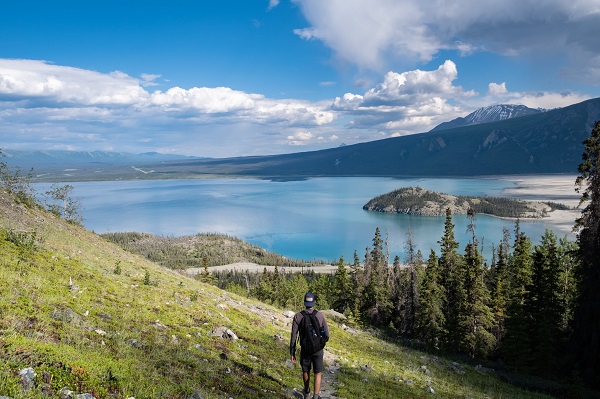
We also co-hosted an all-party forum on the environment last week, and are grateful for Kate White, leader of the Yukon NDP, John Streicker, Yukon Liberal candidate for Mount Lorne - Southern Lakes, and Eric Schroff, Yukon Party candidate for Mount Lorne - Southern Lakes, for attending. The three candidates answered questions from CPAWS Yukon, Yukon Conservation Society, Wilderness Conservation Society Canada, Ducks Unlimited Canada, WildWise Yukon, and Zero Waste Yukon. We also posed questions from the public that were submitted beforehand. If you missed it, you can view the entire forum here. Thank you to Kalin Pallett for moderating the forum.
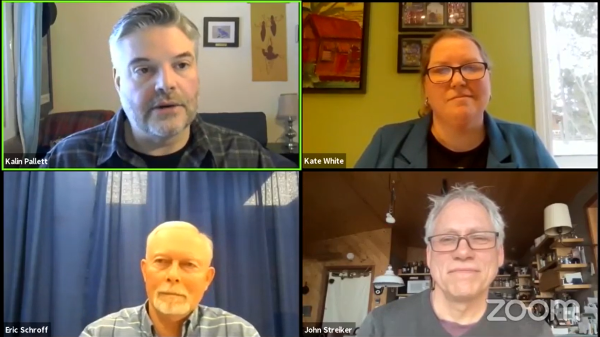
Right before the election was called, Yukon Government withdrew areas in the Dawson Region from mineral staking during the land use planning process. This is something that CPAWS Yukon has been calling for. After taking a look at the actual order, though, we were very disappointed by what we saw. The withdrawal covers a small portion of the region (12%) and does little to stem the steady stream of staking and mineral development in the region. Allowing staking to continue in a large majority of the region undermines the entire planning process. The lack of withdrawal in the Dawson Region is why the former vice-chair of the planning commission recently resigned and this did not address the issues that underscored his resignation.
We suggest that the Yukon Government returns to the drawing board, and put a meaningful withdrawal in place that puts the needs of First Nations and Yukoners.
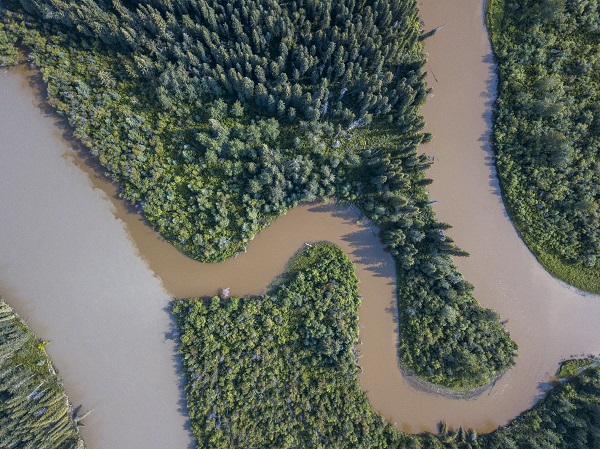
Issues of development before planning continue to crop up across the territory. As one recent example, the First Nation of Na-Cho Nyäk Dun is suing the Yukon Government for failing to consult before approving a large project in the Beaver River Watershed (Tsé Tagé).
“A land use planning process is currently underway for the Tsé Tagé watershed, and this disrespectful decision by the Yukon government undermines that plan before it can even be completed and before we’ve even seen a draft plan,” said Chief Simon Mervyn in a statement.
You can read more about this in the Yukon News.
We’ve hosted two canoe trips through the Beaver River Watershed and one of last year’s participants, Jodie Buyck, recently shared her experience in What’s Up Yukon. We’re incredibly grateful to Jodie for bringing the beauty and importance of this area to others through her article.
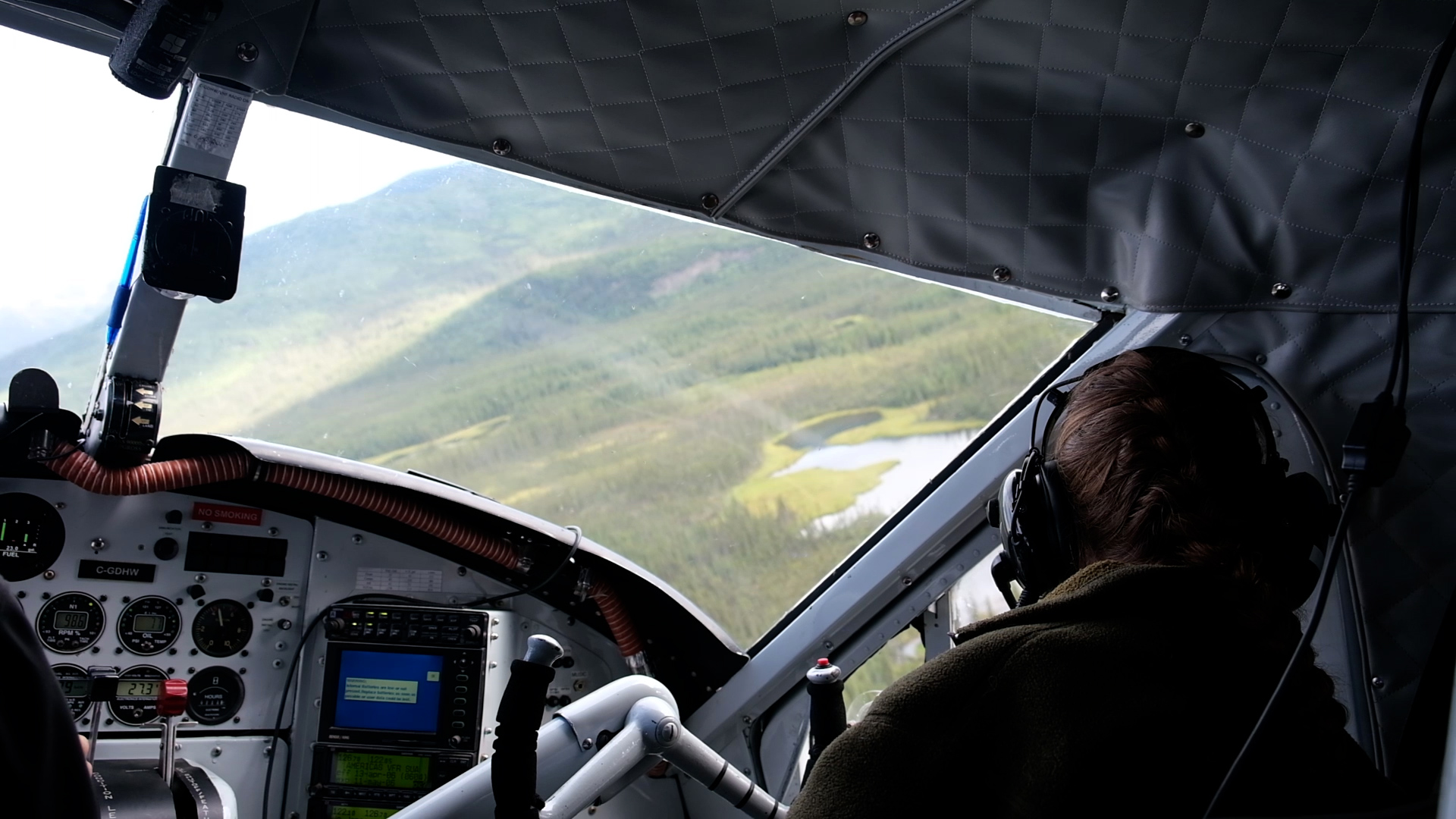
Sharing and reading these stories is one of my favorite parts of working with CPAWS Yukon. We’re also really lucky to have so many amazing storytellers support us, including the amazing photographer Peter Mather. Over the past two weeks, Peter has been posting on our CPAWS Yukon Instagram account as part of a McIntyre Creek Wildlife Corridor Series. He’s been out in McIntyre Creek taking photos and sharing his experience with photography in this important wildlife corridor. You can take a peek at these amazing photos on our Instagram page!
As McIntyre Creek continues to grow as a potential area for conservation we have been working to collect data through winter track surveys. At least two people walk a 1.5 km transect and record wildlife tracks and signs of human activity along the way. With so much snow this year it hasn't been an easy undertaking, and we've gotten pretty comfortable on snowshoes. We've also been lucky to have the help of several volunteers, including students from the Achievement, Challenge, Environment, Stewardship (ACES) class.
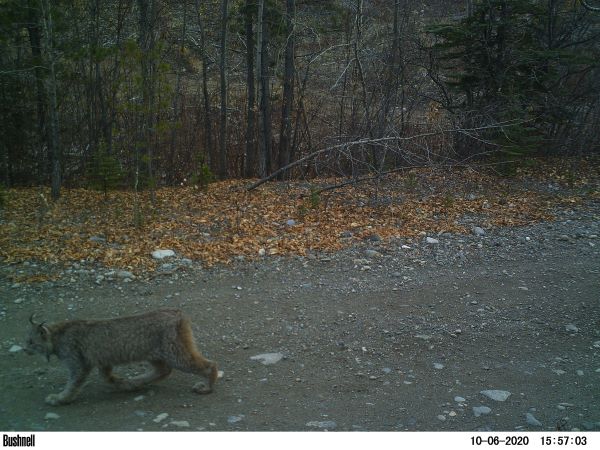
Species we've seen tracks from include grouse, red squirrel, coyote, lynx, marten, moose, and even otter! The data from these winter track surveys will be analyzed, along with other types of data collected this summer, to learn how wildlife use the McIntyre Creek area and how they are influenced by different types of human activity and development.
To learn more about McIntyre Creek, head over to our website for more info!
Remember to Vote Wild on April 12th!
- Adil
